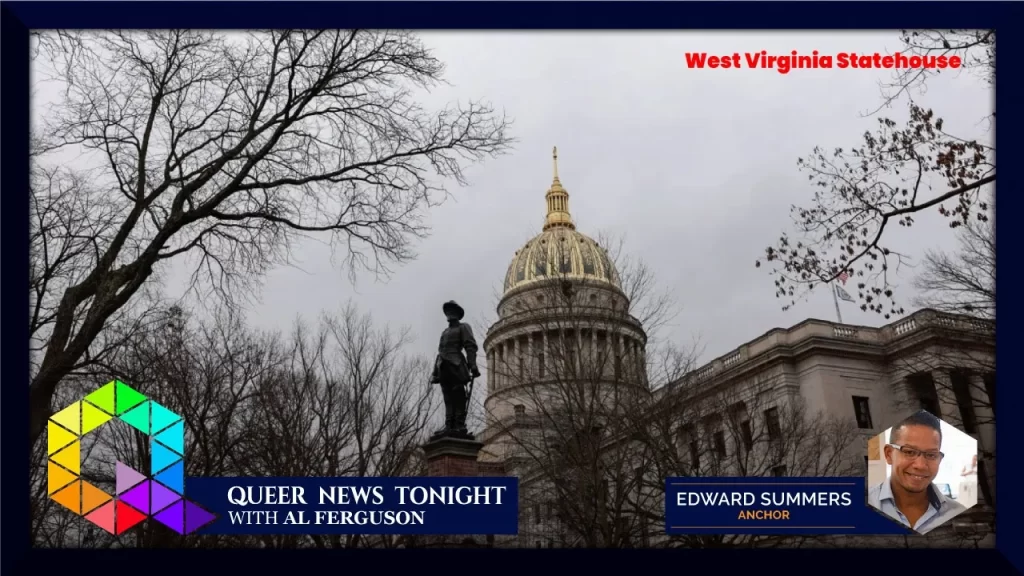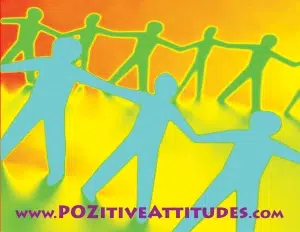West Virginia's proposed legislation to make it a crime to allow minors near trans people is a concerning development for the LGBTQ+ community and human rights advocates. The legislation, if passed, would criminalize individuals who allow minors to interact with transgender individuals in a wide range of settings, including schools, public accommodations, and even private homes.
This proposed legislation sends a harmful message to the transgender community, implying that they are a threat to minors and should be separated from society. It also sends a message to minors that being transgender is something to be feared or shunned, which can lead to increased bullying and discrimination.
The legislation also raises serious concerns about individual freedoms and the role of government in regulating personal relationships and interactions. Allowing the government to dictate who minors can and cannot interact with based on gender identity sets a dangerous precedent and undermines individual autonomy.
In addition, the legislation is unlikely to achieve its stated goals and will instead likely lead to further harm and discrimination against the transgender community. Studies have shown that the best way to support the well-being and safety of trans individuals is through inclusive policies that promote acceptance and understanding.
Overall, West Virginia's proposed legislation to make it a crime to allow minors near trans people is a concerning development that undermines individual freedoms, promotes discrimination, and risks harm to the transgender community. It is important for human rights advocates and allies to speak out against such harmful legislation and to promote policies that support and protect the rights of all individuals, regardless of gender identity.
Two West Virginia bills aim to protect minors from obscene performances and materials, which the bills define, in part, as anything that includes exposure to or performances by transgender people. The bills, introduced this week by state Sen. Michael Azinger, a Republican, would prohibit obscene and sexually explicit materials in or within 2,500 feet of the state’s schools and would bar children from being present for obscene performances or displays. The bills’ four-point definition of “obscene matter” is, for the most part, general, and includes material that appeals to the “prurient interest” or that is “patently offensive.” But the fourth part of the definition specifically defines “indecent displays of a sexually-explicit nature,” in part, as “any transvestite and/or transgender exposure, performances or display to any minor.” No other group of people or a specific type of performance is included. School personnel who violate the school-related bill, SB 252, could be charged with a misdemeanor, which can carry a fine of up to $500 and/or up to one year in prison.


















